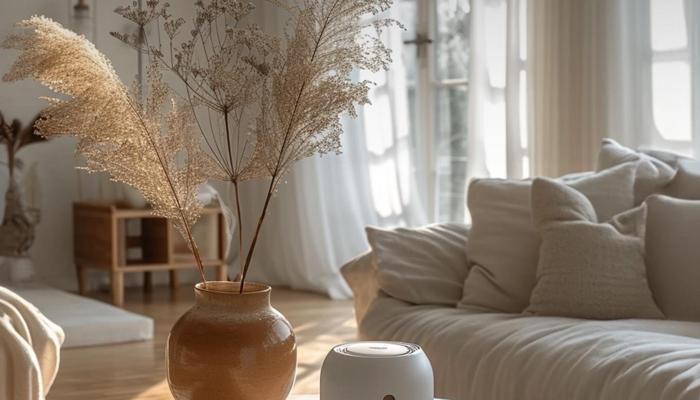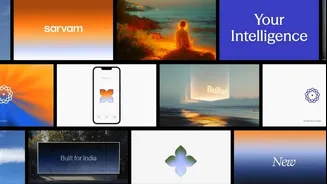Unveiling the power of minimalism in Indian context. How can it transform your life? Read more to discover
In the bustling, ever-demanding world we live in, where advertisements scream for our attention
and our homes threaten to burst at the seams with possessions, a quiet revolution is brewing. It's called minimalism, and it's not about stark white walls and owning only five items.
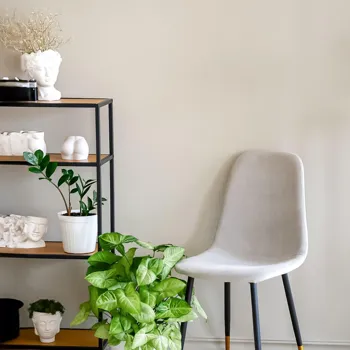
Rather, it’s a conscious choice to declutter our lives – both physically and mentally – to make space for what truly matters. Many Indians are now considering minimalism. They feel their lives have become too hectic. They want peace of mind.
So, what is minimalism actually and how can it lead to a happier, more fulfilling life, especially in the context of Indian values? Let's explore five key insights.
Decluttering Isn't Just About Your Home, It's About Your Mind
Our homes are often reflections of our minds. A cluttered space can lead to a cluttered mind, making it difficult to focus, relax, and appreciate the present moment.
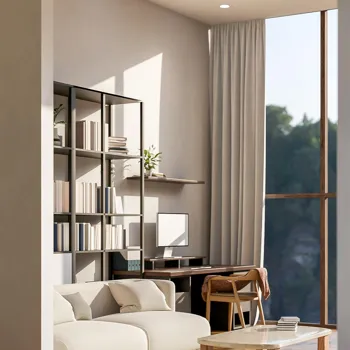
Think about it: When your cupboard is overflowing with clothes you haven't worn in years, or your kitchen counter is buried under appliances you rarely use, it creates a sense of visual chaos. This constant visual stimulation can drain your energy and contribute to feelings of stress and overwhelm.
Minimalism encourages us to intentionally declutter our physical spaces. This creates a sense of calm. By consciously curating our possessions, we also declutter our minds, allowing for greater clarity, focus, and mental well-being. So, decluttering our home is very helpful for our mind.
It's a mental and physical process.
Reclaiming Your Time and Energy: The Freedom of Less
Think about all the time you spend cleaning, organizing, and maintaining your belongings. Now, imagine having less stuff to worry about. Minimalism frees up your time and energy. You can spend them on experiences and relationships.
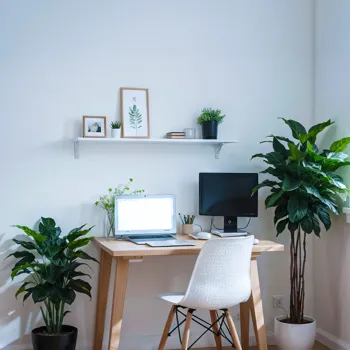
In Indian culture, where spending quality time with family and pursuing personal passions is highly valued, this freedom is invaluable. Instead of spending your weekend cleaning out the spare room, you could be visiting relatives. Also, you could be learning a new skill.
Minimalism allows you to invest your precious resources in what truly brings you joy and fulfillment. This, in turn, leads to a more balanced and meaningful life. Therefore, focus on less material things. Focus on experience.
Shifting Focus: From "Having" to "Being"
Modern society often equates success with material possessions. The more we own, the better we feel, or so we're led to believe. Minimalism challenges this notion by shifting the focus from "having" to "being.
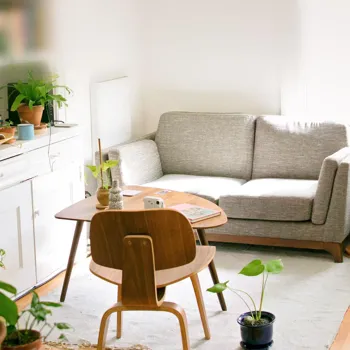
" Instead of seeking happiness through buying the latest gadgets or fashion trends, it encourages us to find joy in experiences, relationships, and personal growth.
This shift in perspective can be particularly powerful in India, where spiritual and philosophical traditions emphasize the importance of inner peace and contentment. Minimalism helps us to realize that true happiness lies not in external validation, but in cultivating a sense of inner wholeness.
Therefore, focus on happiness.
Conscious Consumption: Buying with Intention
Minimalism is not about deprivation. People often misunderstand this. It's about being more mindful of our consumption habits. Before making a purchase, ask yourself: "Do I really need this?" "Will it add value to my life?" "Is it something I will truly use and appreciate?

" This conscious approach to consumption can save us money. Also, it reduces waste and minimizes our impact on the environment. In a world grappling with environmental challenges, embracing conscious consumption aligns with the Indian values of sustainability and responsible living.
By buying only what we need and choosing quality over quantity, we can contribute to a more sustainable future for ourselves and generations to come. Think before you buy.
Cultivating Gratitude: Appreciating What You Have
Minimalism encourages us to focus on what we already have. It also helps us to appreciate it. It’s easy to get caught up in wanting more. We often forget to take stock of the blessings in our lives.

By simplifying our possessions, we create space to appreciate the things that truly matter: our health, our relationships, and the beauty of the world around us. Cultivating gratitude has been linked to increased happiness, improved mental well-being, and stronger relationships.
In the Indian context, where gratitude is a cornerstone of many religious and cultural practices, minimalism can serve as a powerful tool for fostering a deeper sense of contentment and fulfillment. Be thankful for what you have.
In conclusion, minimalism is not a one-size-fits-all solution.
It is a journey of self-discovery. It encourages us to examine our values, prioritize what truly matters, and create a life that is more aligned with our inner selves.
By decluttering our homes, reclaiming our time, shifting our focus, consuming consciously, and cultivating gratitude, we can unlock a path to greater happiness and fulfillment, rooted in the timeless wisdom of simplicity and contentment. So adopt minimalism today for a better tommorrow.
AI Generated Content. Glance/InMobi shall have no liability for the content